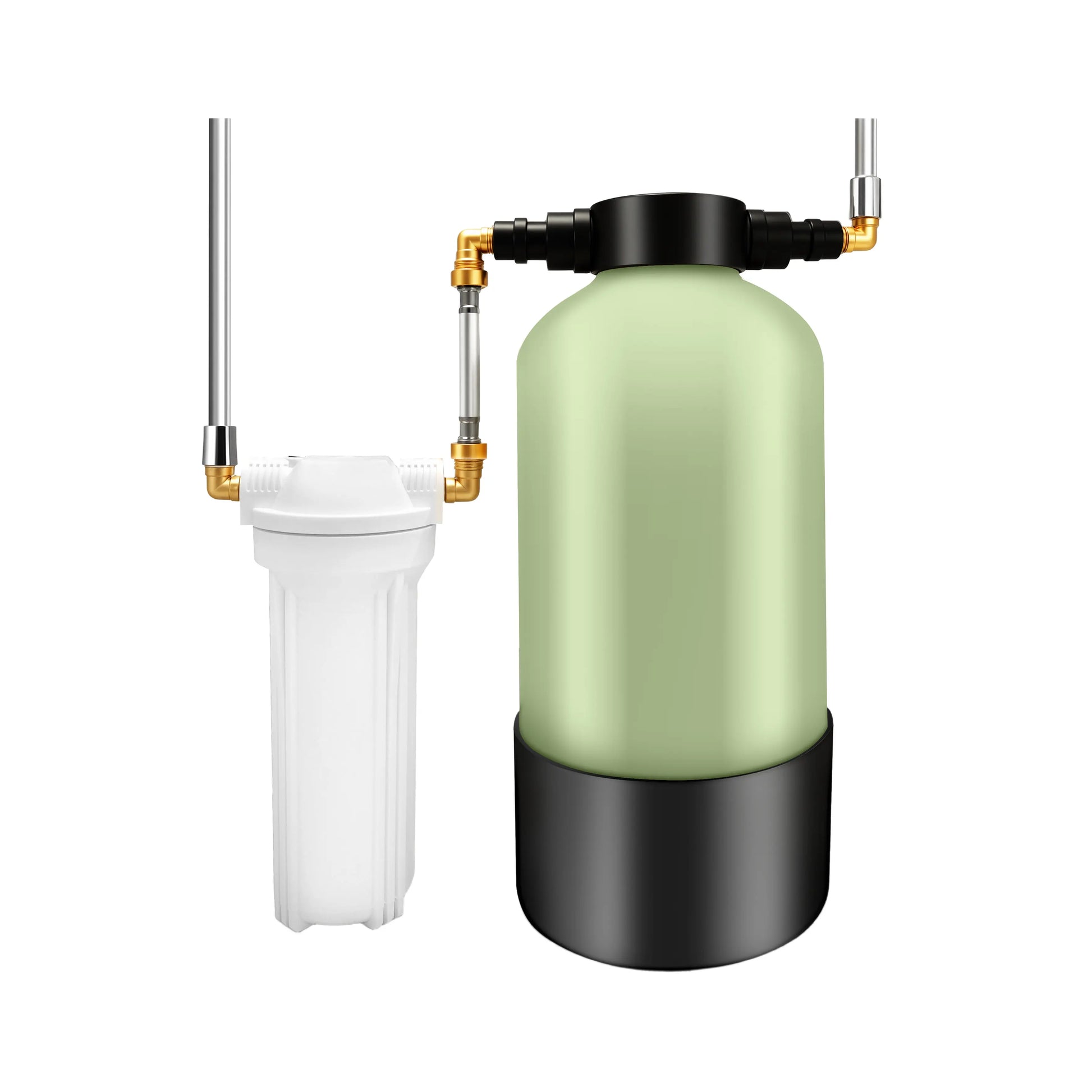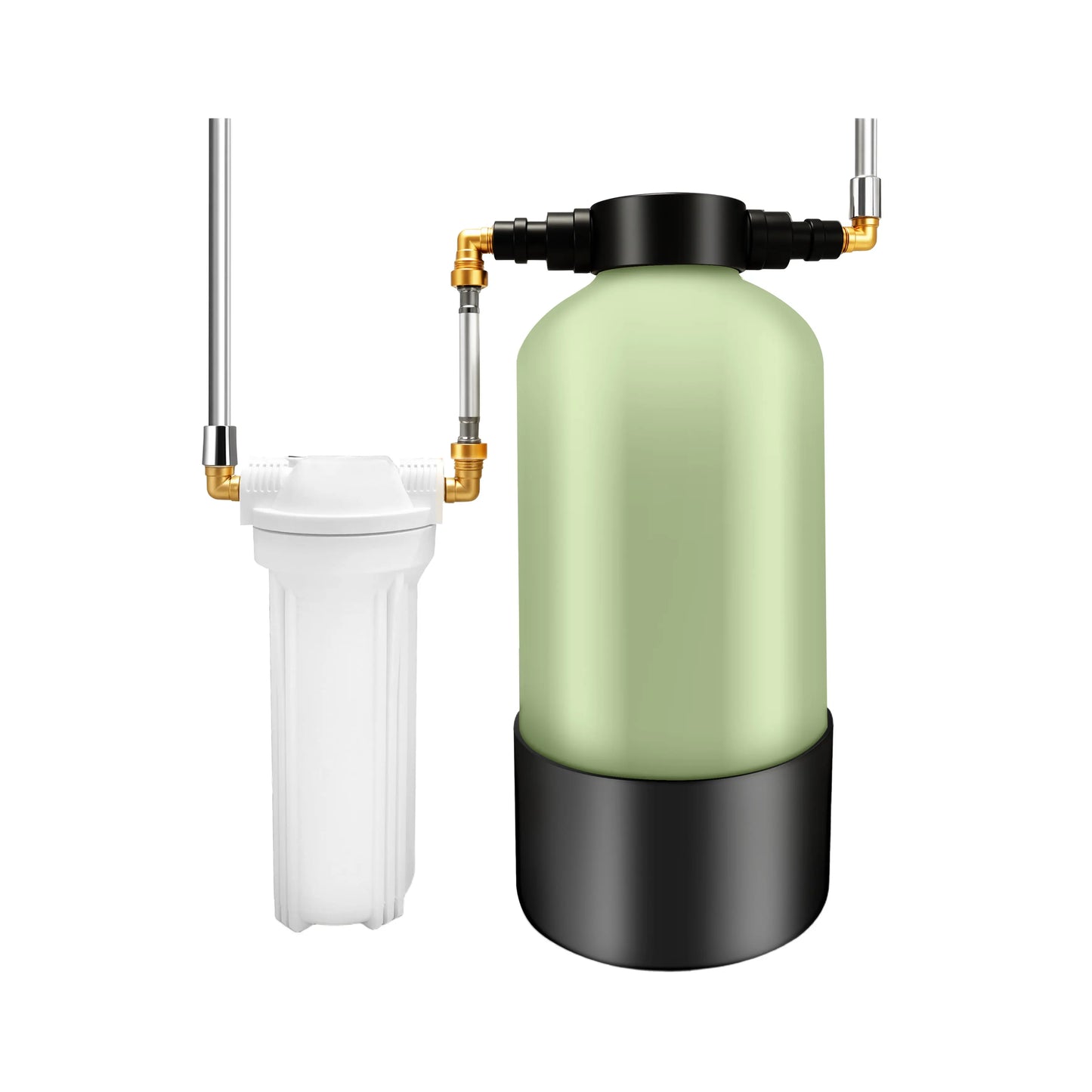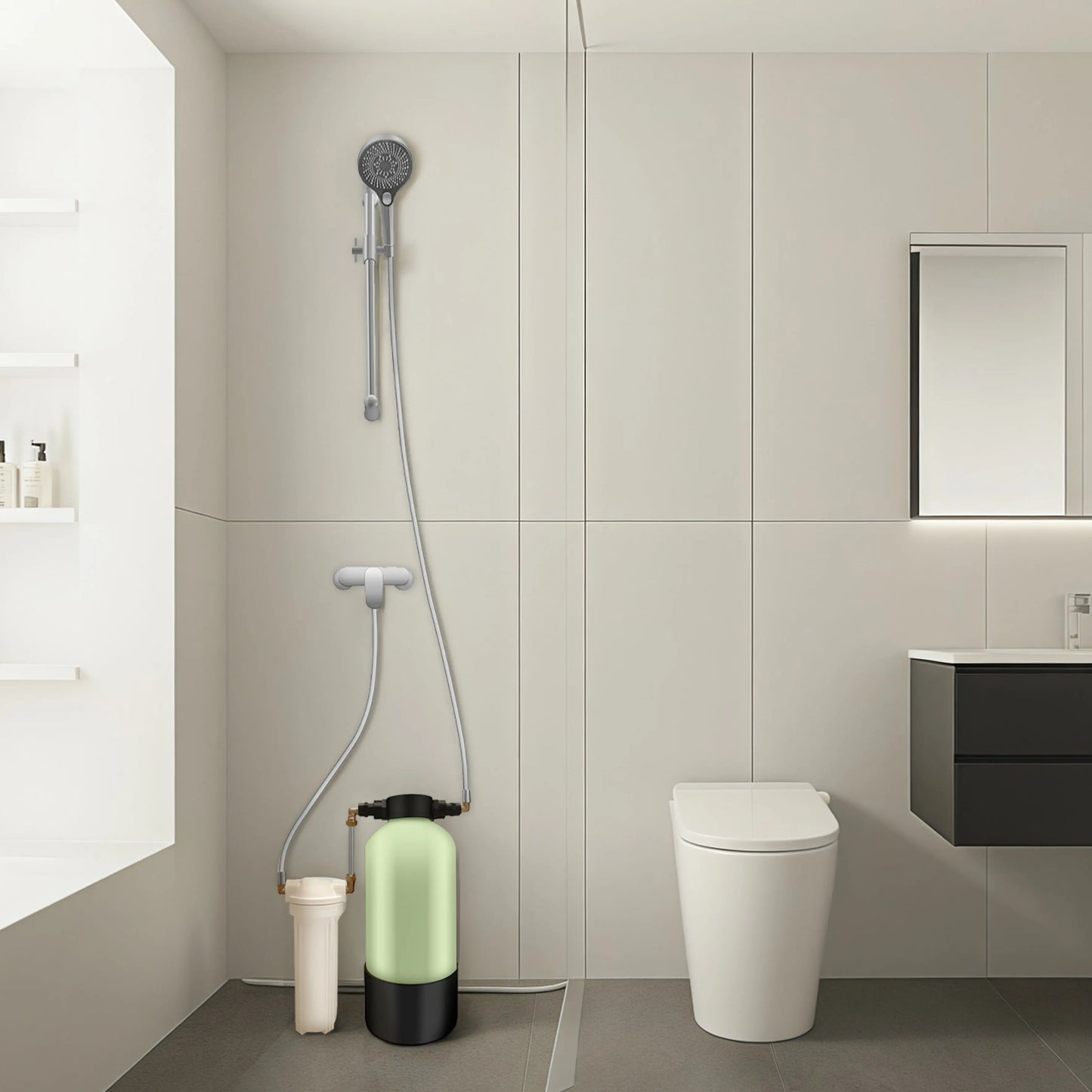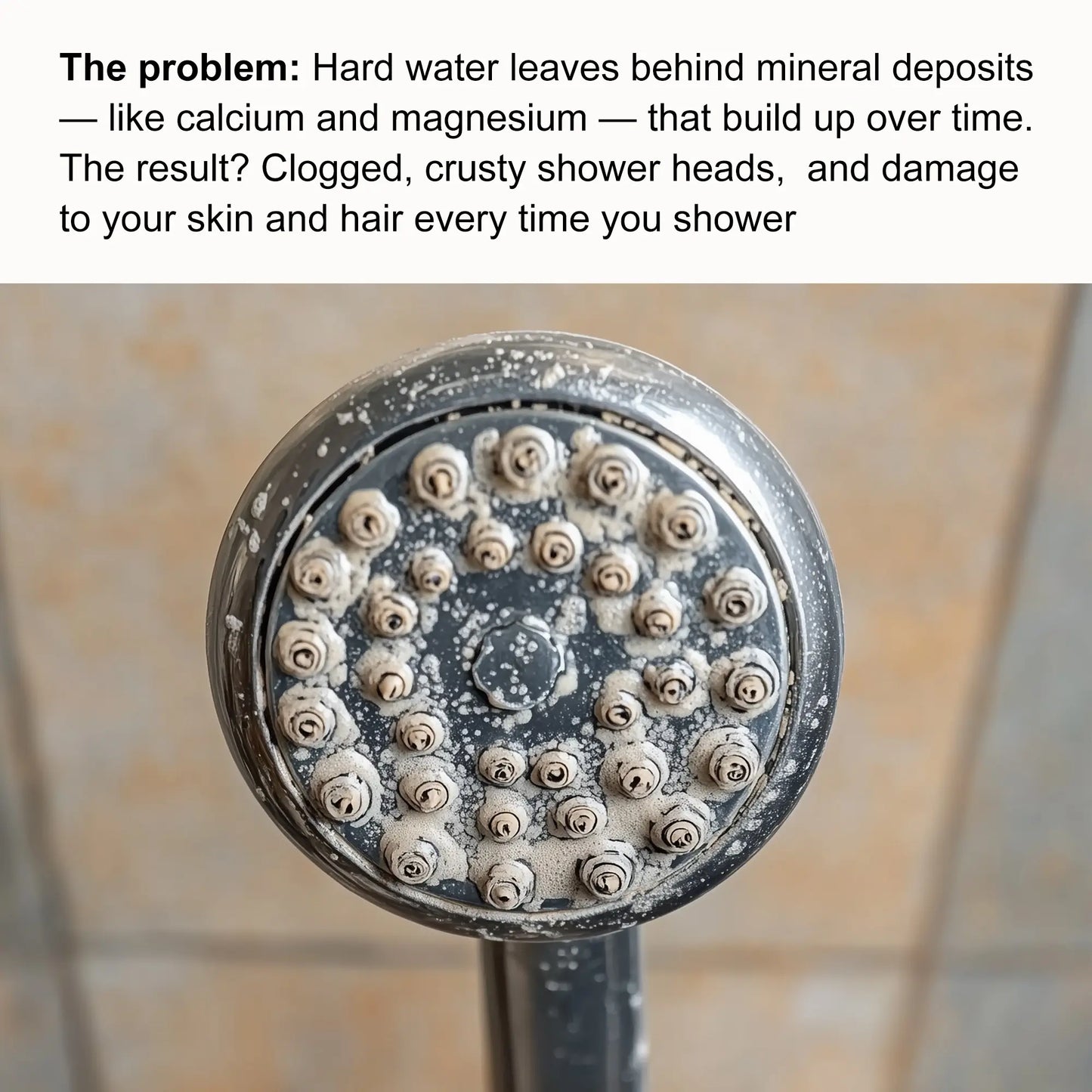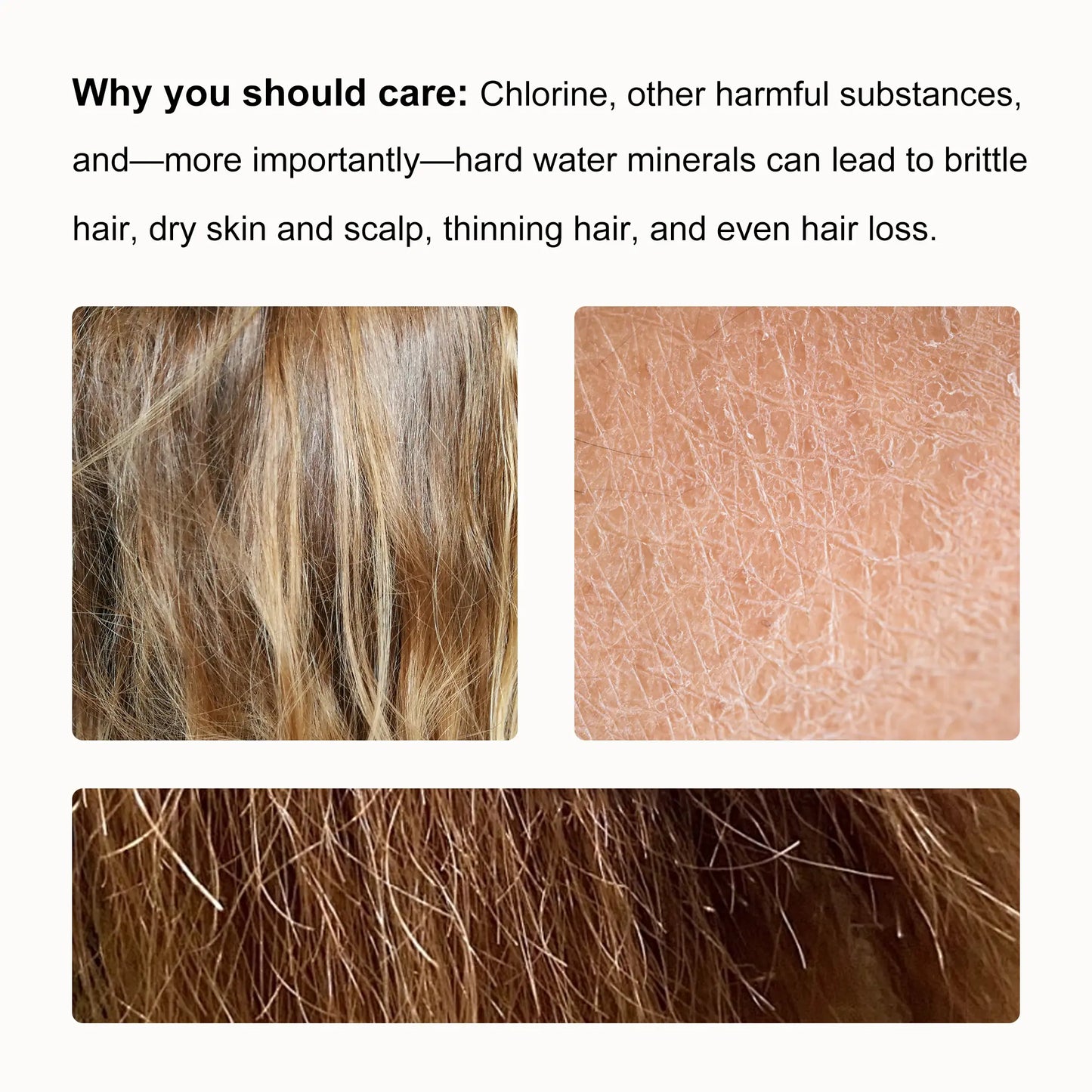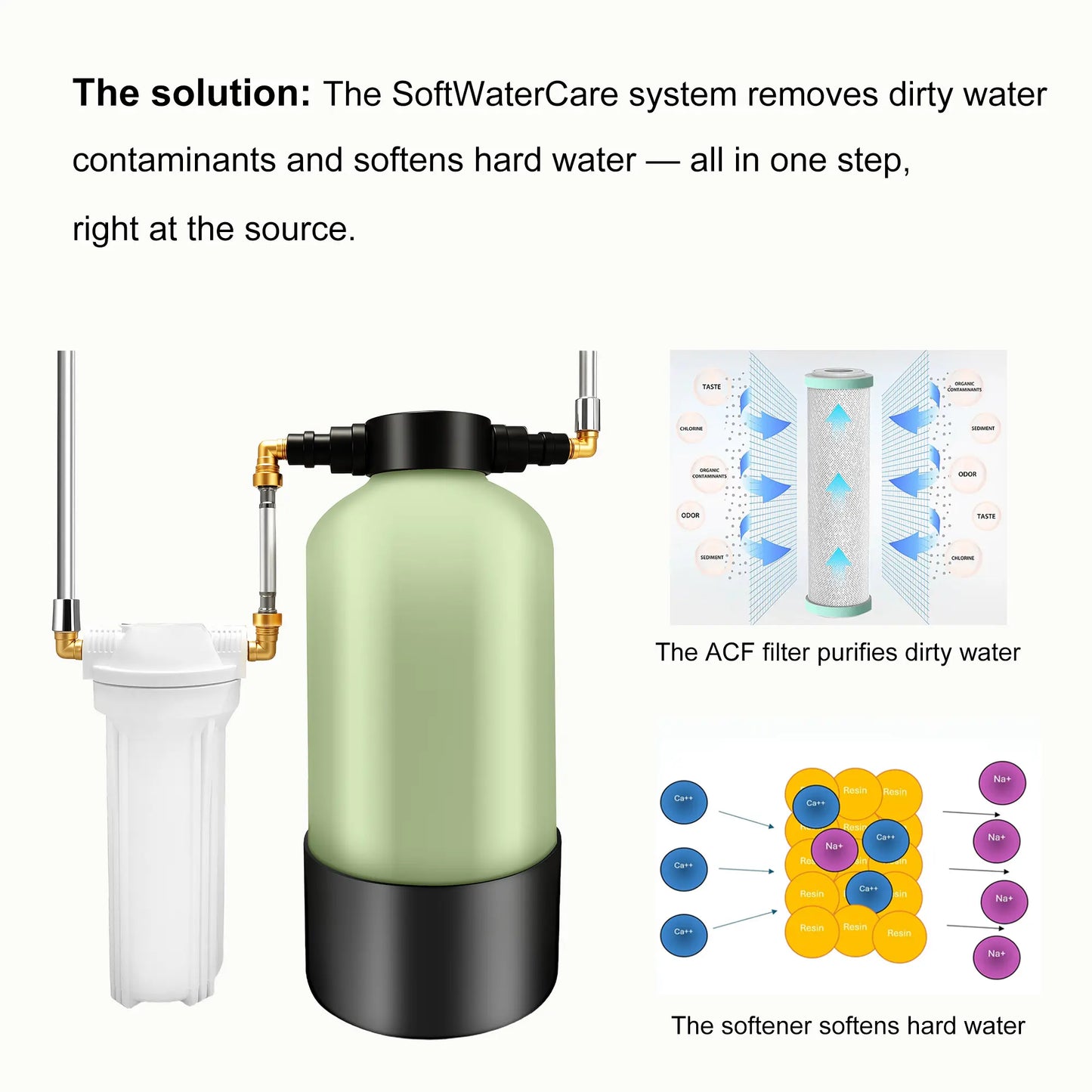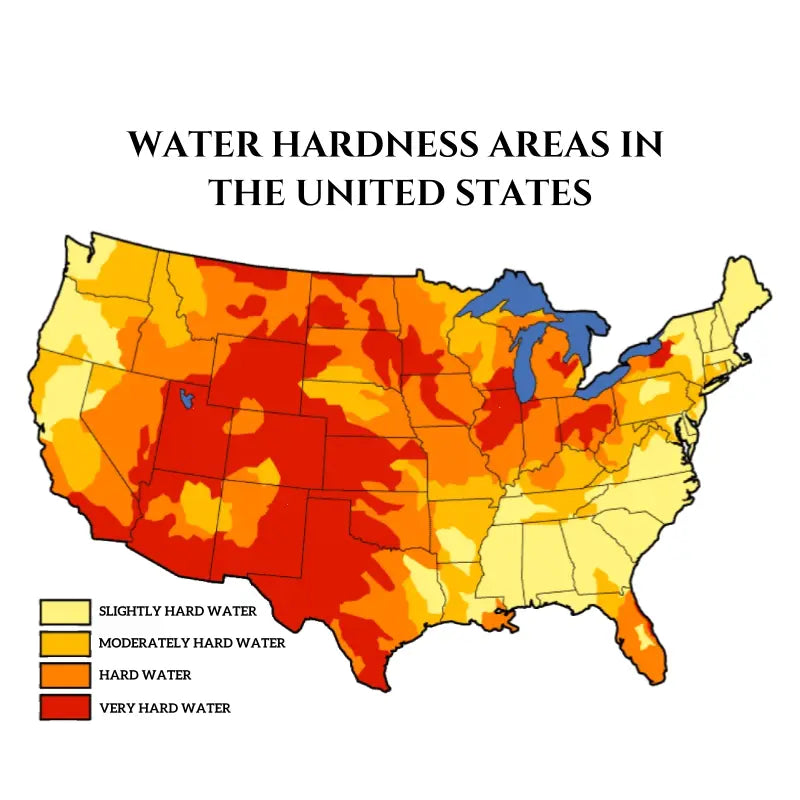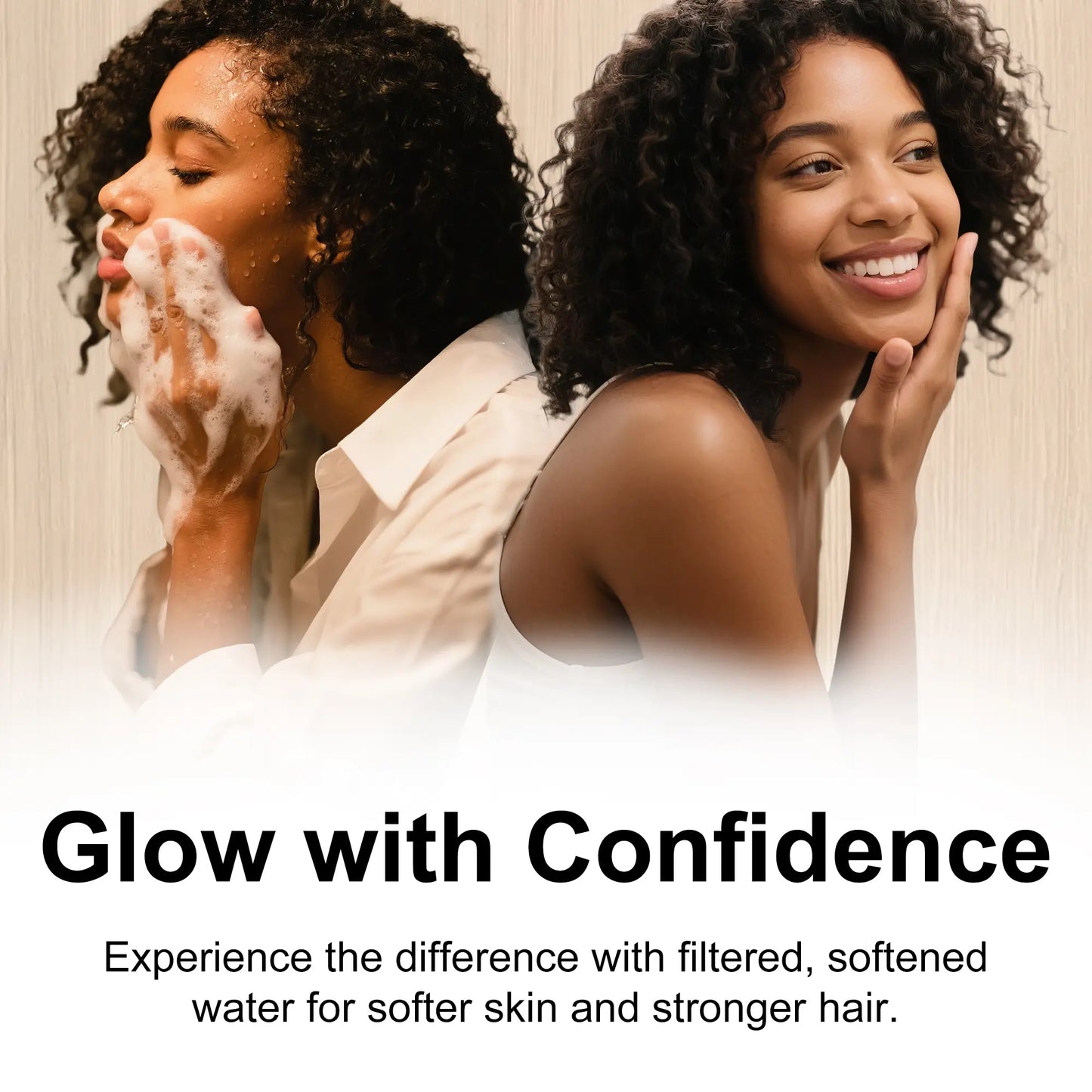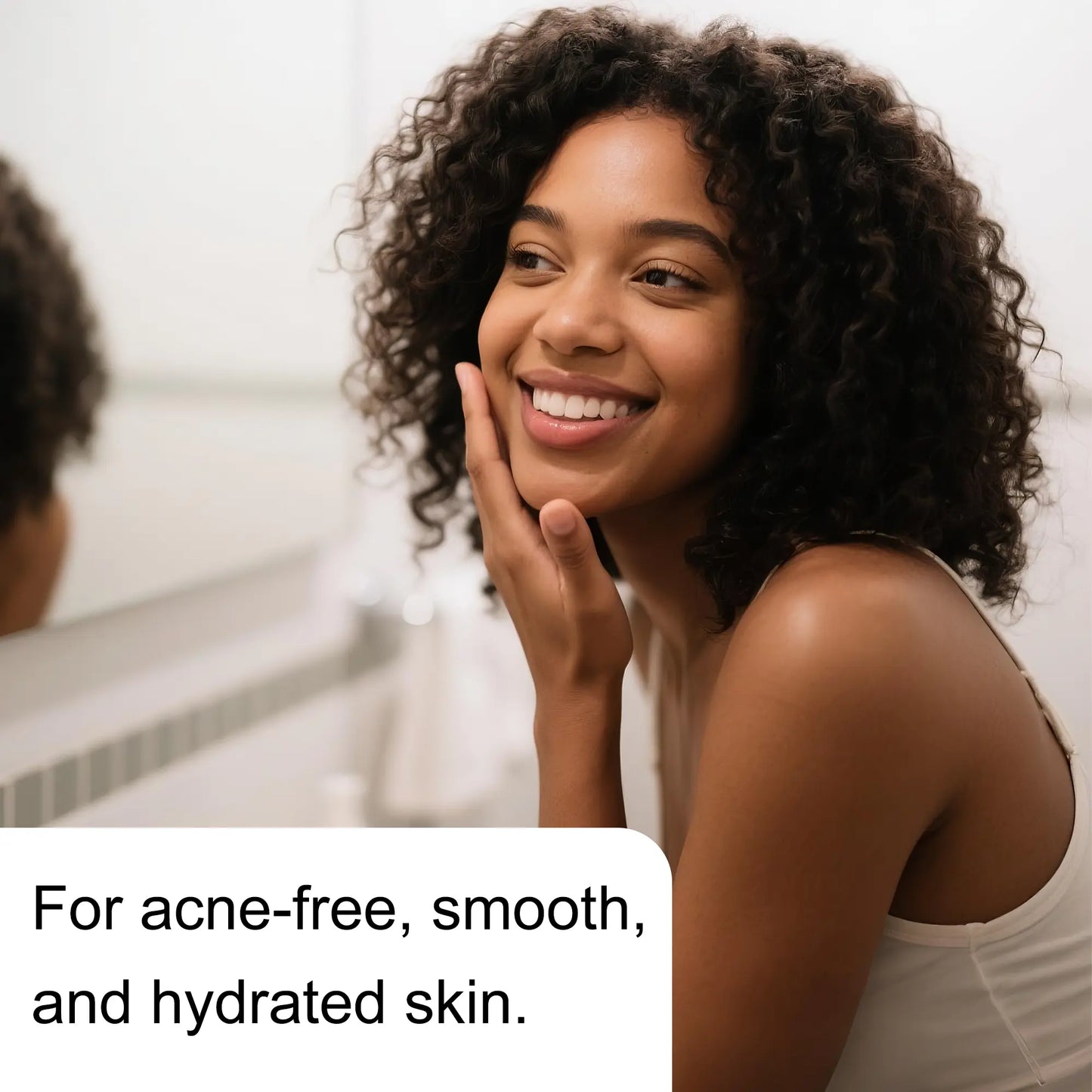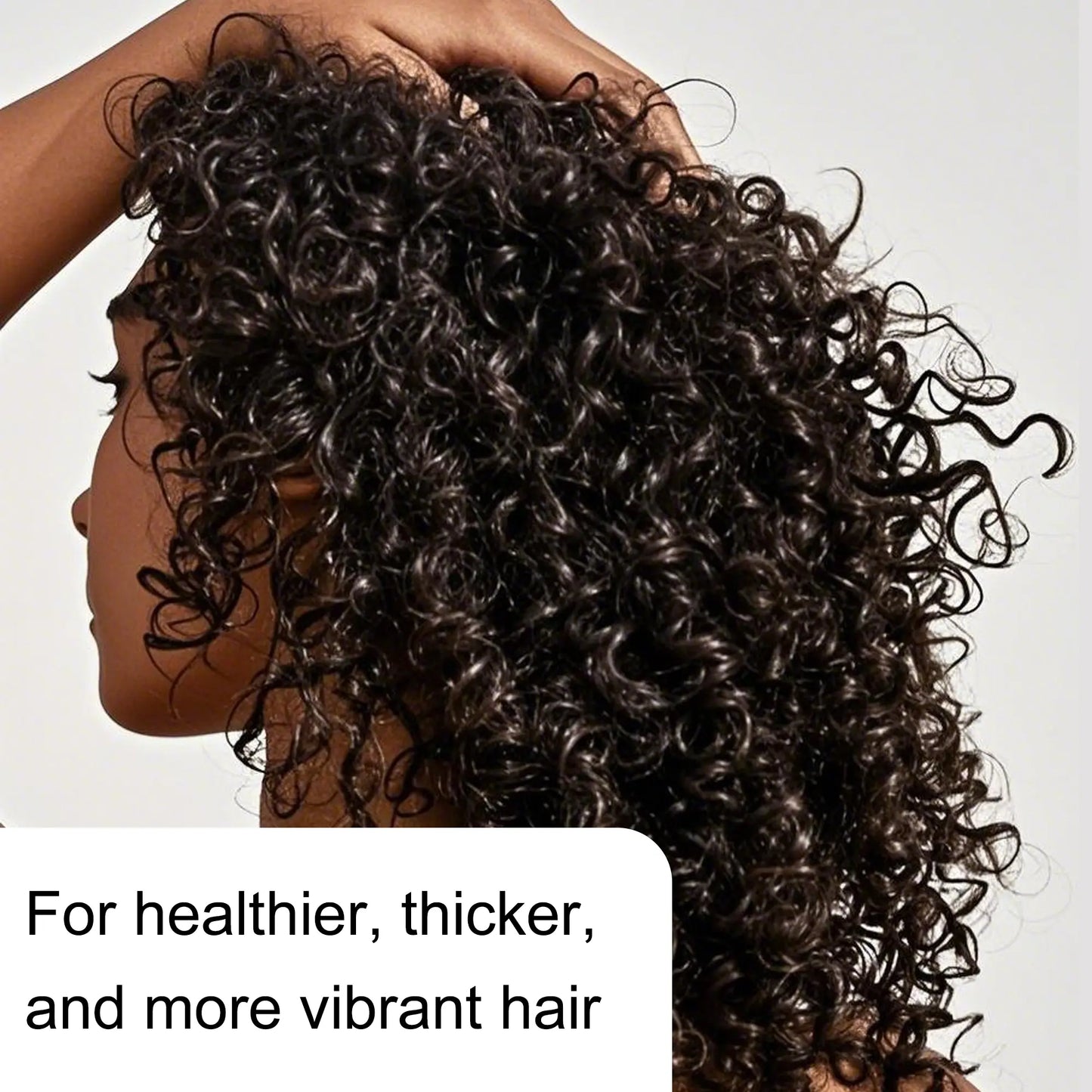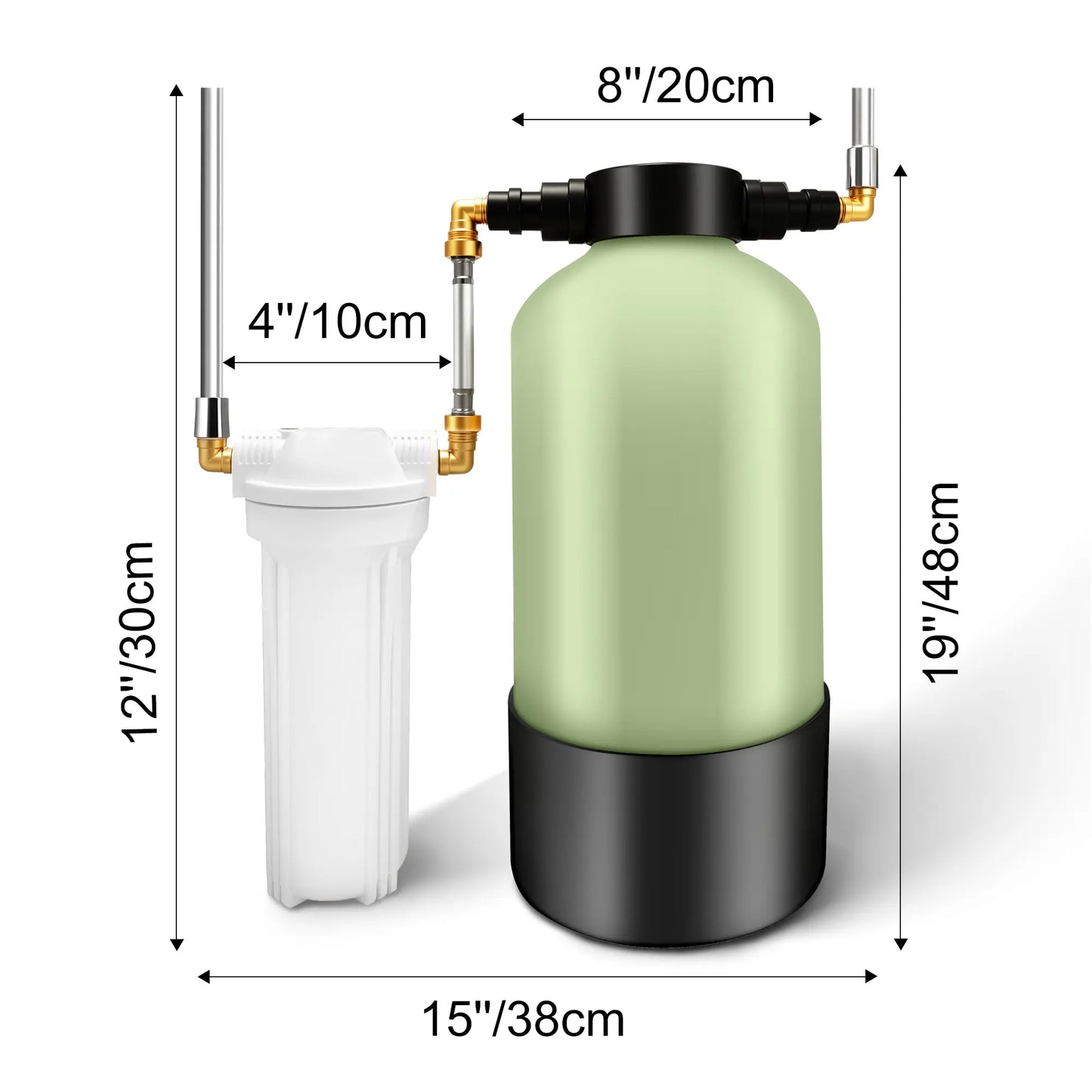To understand the difference between water softeners and filters, it's essential to know what's in your water and how it can affect your health.
What's in Your Water?
Water contains two main categories of substances: minerals and contaminants.
-
Minerals
The primary minerals in water are calcium and magnesium ions. When these minerals are abundant, the water is referred to as hard water. -
Contaminants
Contaminants include a wide range of harmful substances, such as:- Sediments like sand and rust
- Microorganisms like bacteria and viruses
- Chlorine and its disinfection by-products
- Metals, VOCs, pesticides, hormones, and other organic pollutants
- Odors and unpleasant tastes
How Do These Substances Affect You?
-
Minerals
- Good for drinking: Trace minerals like calcium and magnesium are beneficial for the body. Drinking water without minerals for a long time could lead to a deficiency and potential health risks.
- Bad for bathing: Hard water can damage hair and skin. Calcium and magnesium ions can cause dryness, irritation, and dullness.
-
Contaminants
- Harmful in all cases: Contaminants pose a risk whether you drink the water or use it for bathing. They can lead to serious health issues, such as infections and long-term diseases.
The Role of Water Filters and Softeners
- Water Filters: Designed to remove contaminants, making water safer to drink and use.
- Water Softeners: Specifically target minerals like calcium and magnesium, softening the water to protect hair and skin during showers.
What's Best for Your Needs?
- For Drinking Water: A water filter is sufficient to remove harmful contaminants while retaining essential minerals.
- For Showering: A combination of a water filter and a water softener is the ideal solution to eliminate contaminants and soften the water for better skin and hair care.
By understanding your water's composition and how different devices work, you can make informed choices for your health and well-being.

